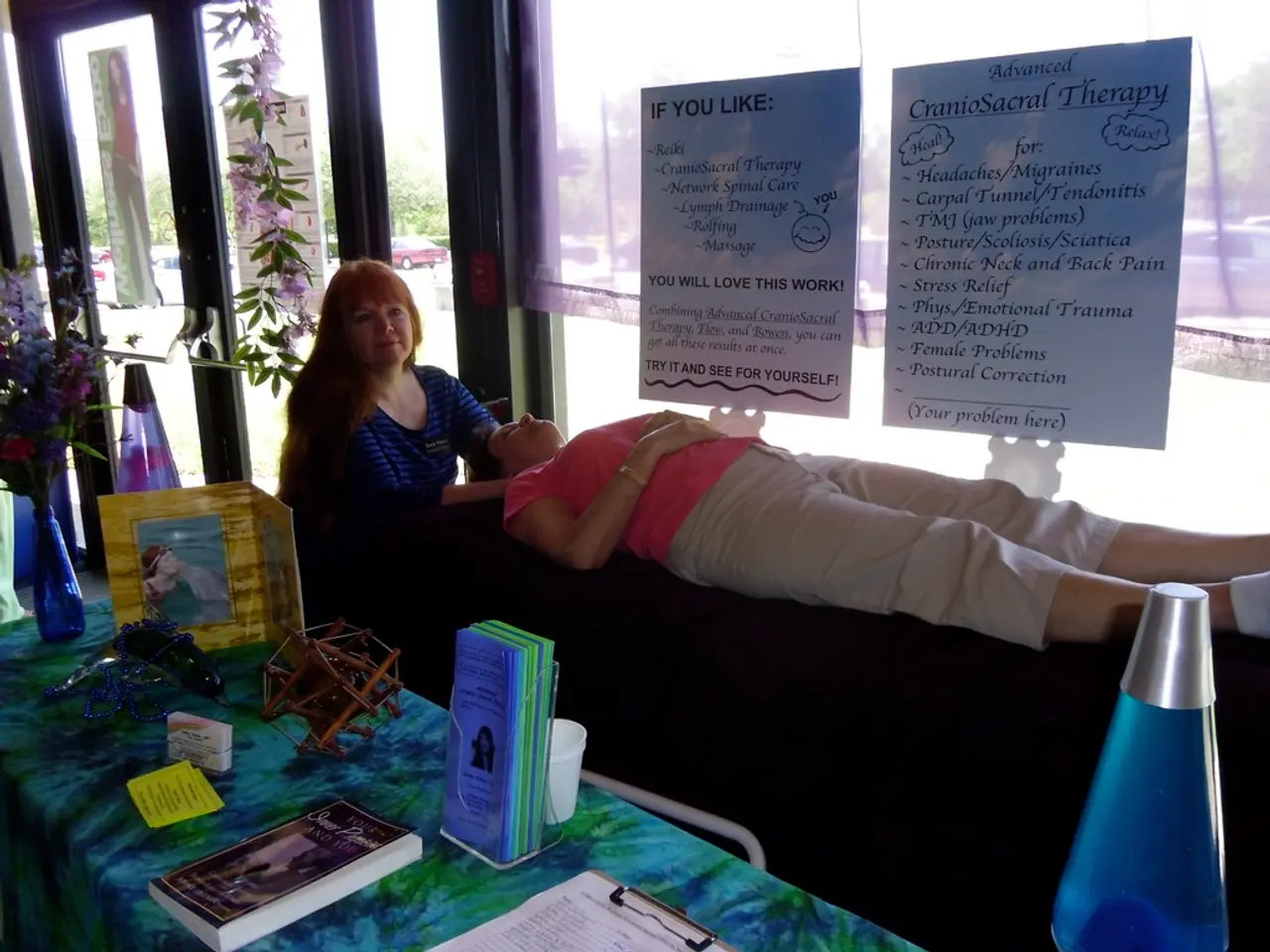Intimate Connections After Childhood Sexual Molestation
In Germany, specialized psychosocial centers such as Xenion Berlin, Refugio Bremen, PSZ Sachsen-Anhalt, and Refugio Münster offer trauma-informed therapy for adults who experienced sexual abuse in childhood. These centers provide ambulant psychosocial and psychotherapeutic services tailored for vulnerable groups, including survivors of complex trauma.
Childhood sexual abuse is a traumatic experience that can have far-reaching effects on an individual's life. The trauma is multifaceted, encompassing feelings of betrayal, powerlessness, stigmatization, and sexual dysfunctions. Survivors may also struggle with issues related to trust, self-worth, and intimacy.
The trauma of sexual abuse can influence adult relationships in many ways, making it difficult to achieve a healthy, enduring, and lasting relationship. Survivors may lack trust in their partners' intentions and motives, harbor deep-seated beliefs of unworthiness and undesirability, and engage in avoidant coping styles. They may also struggle with feelings of shame, self-doubt, and depression.
However, it's important to note that survivors can reclaim control of their lives. Trauma-informed therapy can help survivors separate past issues from present ones and improve the quality of their romantic relationships. This type of therapy can help partners understand each other, process thoughts and emotions in healthier ways, and learn how past trauma impacts their relationship.
Trauma-informed therapy can also help survivors manage their emotional reactions to triggers and improve their ability to control their responses. For instance, survivors may remember abuse through bodily sensations, leading to issues such as an inability to orgasm or dissociating during sex. Through therapy, survivors can learn to manage these responses and improve their intimacy.
Moreover, survivors may engage in risky sexual behavior, including unprotected sex, multiple partners, and contracting STDs. This can be due to feelings of powerlessness or a lack of self-worth. Trauma-informed therapy can help address these issues and promote safer sexual practices.
Childhood sexual abuse can also impact the worldviews of adult survivors, often shaping them in negative ways. Survivors may feel isolated and less satisfied with their relationships than adults who were never abused. However, with the right support, survivors can overcome these challenges and build fulfilling, healthy relationships.
Organizations like Save the Children Germany collaborate with these centers to support trauma-affected individuals. Additionally, training programs for trauma pedagogy and trauma-centered counseling, such as those by EREV, ensure professionals are qualified to address such specific needs.
In conclusion, trauma-informed therapy plays a crucial role in helping survivors of childhood sexual abuse overcome the challenges they face in their romantic relationships. By providing a safe space for survivors to process their trauma, learn healthier coping mechanisms, and build trust, these therapies can help survivors reclaim control of their lives and build fulfilling, healthy relationships.
Read also:
- visionary women of WearCheck spearheading technological advancements and catalyzing transformations
- Recognition of Exceptional Patient Care: Top Staff Honored by Medical Center Board
- A continuous command instructing an entity to halts all actions, repeated numerous times.
- Oxidative Stress in Sperm Abnormalities: Impact of Reactive Oxygen Species (ROS) on Sperm Harm








